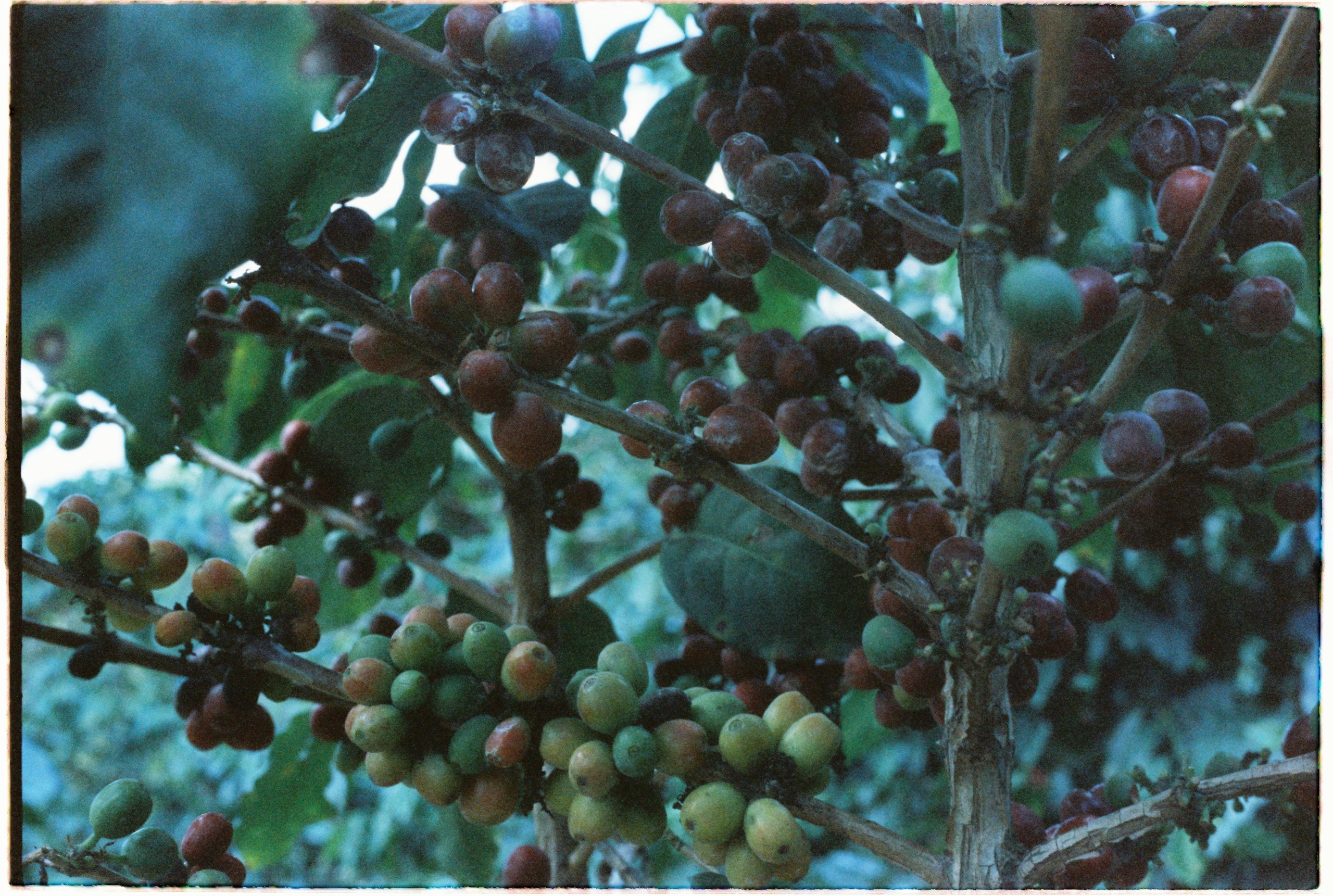African coffee is undergoing a remarkable transformation, particularly in West Africa. According to the Coffee Quality Institute, Ethiopia and Kenya historically dominated specialty exports, but Cameroon and Ivory Coast are rapidly emerging as new powerhouses in high-quality coffee production.
West Africa’s Coffee Renaissance
The International Coffee Organization’s 2024 report reveals a 27% increase in West African specialty-grade coffee exports since 2021. According to Perfect Daily Grind’s market analysis , this growth represents a fundamental shift in quality standards, with West African coffees now commanding premium prices in international markets.
Cameroon’s Success Story
Cameroon’s coffee sector transformation is well-documented in the African Fine Coffees Association’s 2024 review . Operating at elevations between 1,000 and 2,000 meters, producers have reduced rejection rates by 64% since 2023. The Cameroon Coffee Board reports three distinct growing regions:
– Boyo Region: 86+ cupping scores SCA standards
– Bamenda: Contracted by top 5 European roasters European Coffee Federation
– Bafoussam: Comparable to Ethiopian Yirgacheffe Coffee Review

Ivory Coast’s Quality Revolution
The World Bank’s Agricultural Development Report highlights Ivory Coast’s $47 million investment in quality control infrastructure since 2020. According to Reuters’ commodity analysis , this has resulted in:
– 34% reduction in rejected shipments
– 28% improvement in cup consistency
– 41% decrease in customer complaints
– 23% increase in premium pricing opportunities
Modern Quality Control Challenges
McKinsey’s 2024 Coffee Industry Report https://www.mckinsey.com/industries identifies key challenges:
– 28% of rejections: moisture inconsistency
– 22% of quality losses: transport issues
– 43% traceability rate
Technology: The Game Changer
The MIT Technology Review reports that blockchain implementation has reduced documentation errors by 91%. According to IoT World Today. temperature monitoring systems have decreased heat-related degradation by 76%.
Practical Implementation Guide
Based on Specialty Coffee Association guidelines](https://sca.coffee/guidelines):
1. Quality Metrics:
– Coffee Quality Institute protocols (https://www.coffeeinstitute.org/protocols)
– SCAA Cupping standards (https://sca.coffee/research/cupping-standards)
2. Technology Integration:
– Digital moisture meters (https://www.agriculture.com/technology)
– Blockchain solutions (https://www.ibm.com/blockchain/solutions)
3. Partnership Development:
– African Fine Coffees Association network (https://afca.coffee/network)
– Global Coffee Platform guidelines (https://www.globalcoffeeplatform.org)
The Business Impact
Deloitte’s Coffee Industry Analysis 2024 (https://www2.deloitte.com/insights) shows consistent improvements:
– 34% fewer rejected shipments
– 28% better product consistency
– 41% reduction in customer complaints
– 23% higher premium pricing
Looking Forward
The Sustainable Coffee Challenge projects continued growth in West African specialty coffee, emphasizing the need for robust quality control systems.
Resources for Further Reading
– Coffee Quality Institute’s Regional Reports
– World Coffee Research Variety Intelligence (https://worldcoffeeresearch.org)
– African Coffee Federation Standard (https://www.africanfineoffees.org)
– Coffee Quality Control Handbook (https://www.sca.coffee/research/handbooks)
– Global Coffee Platform’s Quality Guidelines (https://www.globalcoffeeplatform.org/guidelines)
For more information about optimizing your African coffee supply chain, contact Boldrip’s expert team on steve@getboldrip.com


